Here are the Top 5 Vitamins and Minerals Essential for liver protection and functioning.
Vitamins
- Vitamin C: Vitamin C or ascorbic acid is a water-soluble vitamin. It is dissolved in water and delivered to body tissues but it is not well stored, so it must be taken daily through food. Vitamin C is a powerful antioxidant that can neutralize harmful free radicals. It is found in oranges, grapefruits, kiwi, mango, cabbage, cauliflower, lime, lemon, broccoli, bell pepper, spinach, strawberries, potatoes, tomatoes, and Brussels sprouts.
Vitamin C helps to prevent fat accumulation in the liver which can lead to fatty liver disease. Administration of vitamin C induced a significant reduction in liver enzymes along with reducing oxidative stress induced by liver toxicity. Thus suggesting the protective effect of vitamin C against hepatic damage induced by liver toxins. In one animal study, vitamin C reduced oxidative stress and inhibited the development of experimental liver steatosis induced by a choline-deficient diet. Vitamin C and E in combination are promising potential options that can impact NAFLD and showed a synergistic effect in the normalization of liver enzymes and fatty liver disease.
-
 Nutra-V LoChol Forte Rx (Total Cholesterol Control) 100% natural ingredients + Vitamins + Minerals. Non-GMO. 120 Veggie Capsules. Made in CanadaProduct on sale₹2,925.00
Nutra-V LoChol Forte Rx (Total Cholesterol Control) 100% natural ingredients + Vitamins + Minerals. Non-GMO. 120 Veggie Capsules. Made in CanadaProduct on sale₹2,925.00 -
 Nutra-V Livgard Forte Rx (Total Liver Health) 100% Natural Ingredients + Vitamins + Minerals. Non-GMO. 120 Veggie Capsules. Made in CanadaProduct on sale₹2,655.00
Nutra-V Livgard Forte Rx (Total Liver Health) 100% Natural Ingredients + Vitamins + Minerals. Non-GMO. 120 Veggie Capsules. Made in CanadaProduct on sale₹2,655.00
- Vitamin E (Alpha Tocopherol): Alpha-tocopherol is the most common form of vitamin E and makes up around 90% of vitamin E. As a strong antioxidant, it protects cell membranes against premature aging and damage by free radicals. This antioxidant property is enhanced by other nutrients such as vitamin C, vitamin B3 (niacin), and selenium. Vitamin increases the level of glutathione which is highly effective in neutralizing free radicals thus protecting the liver from hepato-toxins and infections.
Studies show that vitamin E might improve symptoms of non-alcoholic fatty liver disease. It also participates in the repair of oxidative-related cellular membrane damage. Analytical studies show that vitamin E is able to improve hepatic steatosis (NASH) and hepatic inflammation. Short-term vitamin E treatment significantly improves abnormal liver enzyme levels in NAFLD patients with metabolic syndrome.
Good sources of vitamin E are vegetable oils, almonds, peanuts, soybeans, whole grains, wheat germ, wheat germ oil, sunflower seeds, pumpkin, red bell pepper, avocado, and green leafy vegetables.
Also Read: Are Chicken Eggs Good Or Bad For Cholesterol?
Minerals
- Selenium: The trace element selenium is an essential nutrient that exerts strong antioxidant activity, protecting cells from harmful free radicals. It carries out its biological function through selenoproteins. The liver converts dietary selenium to a form that can be used to make selenoproteins which are responsible for healthy liver function. The studies have demonstrated that selenium in combination with zinc has a significant synergistic effect on the ailing liver after the progression of fatty liver disease. The combination has shown better effects at this stage before disease progression on metabolic conditions and fat accumulation in the liver.
Meta-analysis showed that higher selenium level is associated with a 41% decrease in the incidence of significant advanced chronic liver disease. Deficiencies in its level in cirrhosis may contribute to the early development of liver cancer. This supplement has been shown to improve liver function by reducing liver enzymes, the markers of liver diseases. Selenium may also help with heavy metal detoxification. It also provides elasticity to liver tissues which may help in healthy blood circulation. Selenium plus vitamin E jointly exhibited significant protection to the liver from infections.
Good food sources are whole grains, wheat bran, wheat germ, beans and nuts, and dairy products including milk and yogurt. Chicken, pork, fish, shellfish, and eggs contain a high amount of selenium.
- Zinc: Zinc is a mighty trace mineral that is involved in over 300 enzymatic reactions in the body. Zinc deficiency can impact many functions of the liver, mainly its regenerating power, and can also result in cell and tissue damage under oxidative stress. It reduces chronic liver diseases and decreases further as liver fibrosis progresses. Its deficiency is also common in liver cirrhosis and liver cancer where the regeneration power of the liver is markedly reduced. Zinc has also been reported to have beneficial effects on patients with NAFLD risk factors. The reduced level of zinc was also observed in alcoholic liver disease (ALD) and viral liver disease.
The good sources of zinc are poultry, red meat, crabs, lobsters, nuts, whole grains, wheat germ, dairy products, milk, yogurt, eggs, mushroom, spinach, broccoli, kale, garlic, avocado, pomegranate, blackberries, beans, soybeans, peas, lentils, pumpkin seeds, and sunflower seeds.
- Copper: Copper is a very important trace element. It serves as a cofactor for enzymes involved in cellular energy and metabolism, antioxidant defense, ion transport, and fibrogenesis. These are important processes in the diseased conditions of the liver and few studies have attributed them to copper deficiency. It has a significant protective effect against NAFLD. Abnormal copper metabolism is associated with liver diseases like cirrhosis, hepatitis, and obstructive jaundice.
Copper is found in liver, meat, shellfish, legumes, nuts, prunes, whole grains, dark green vegetables, and sweet potatoes.
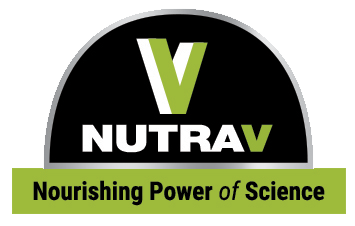
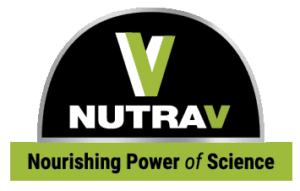
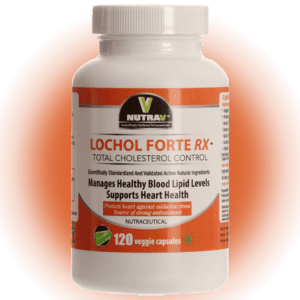
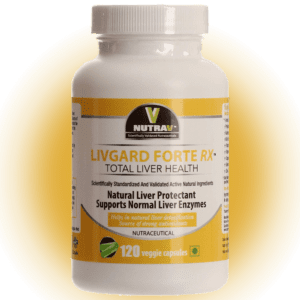
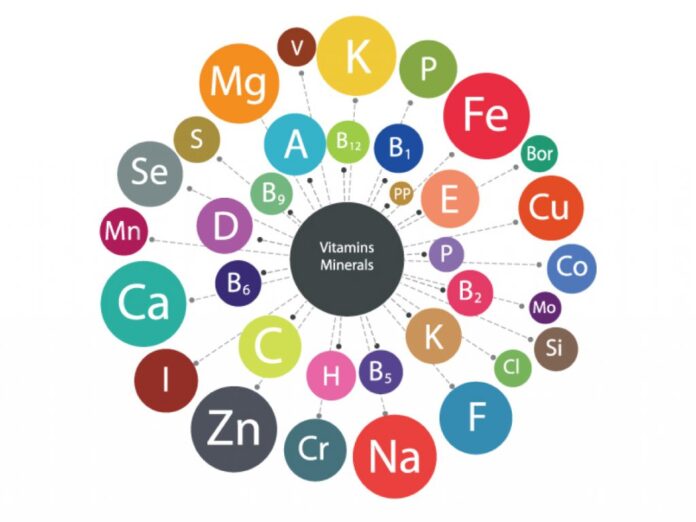
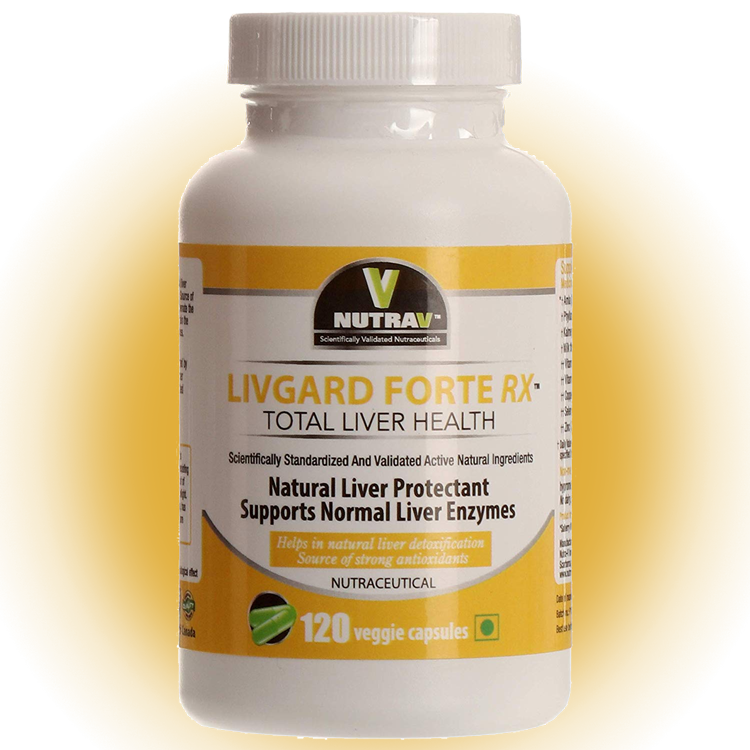
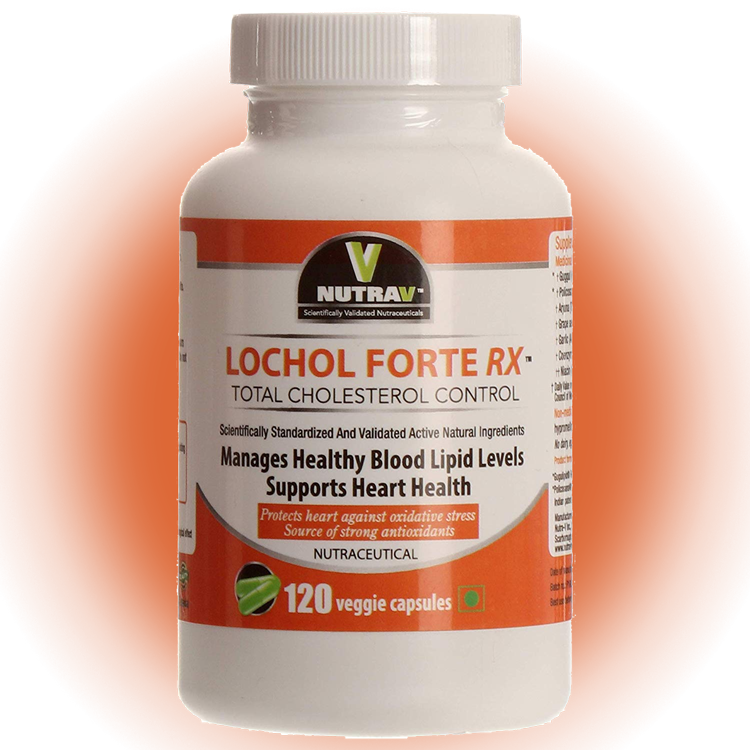
 All rights reserved.
All rights reserved.